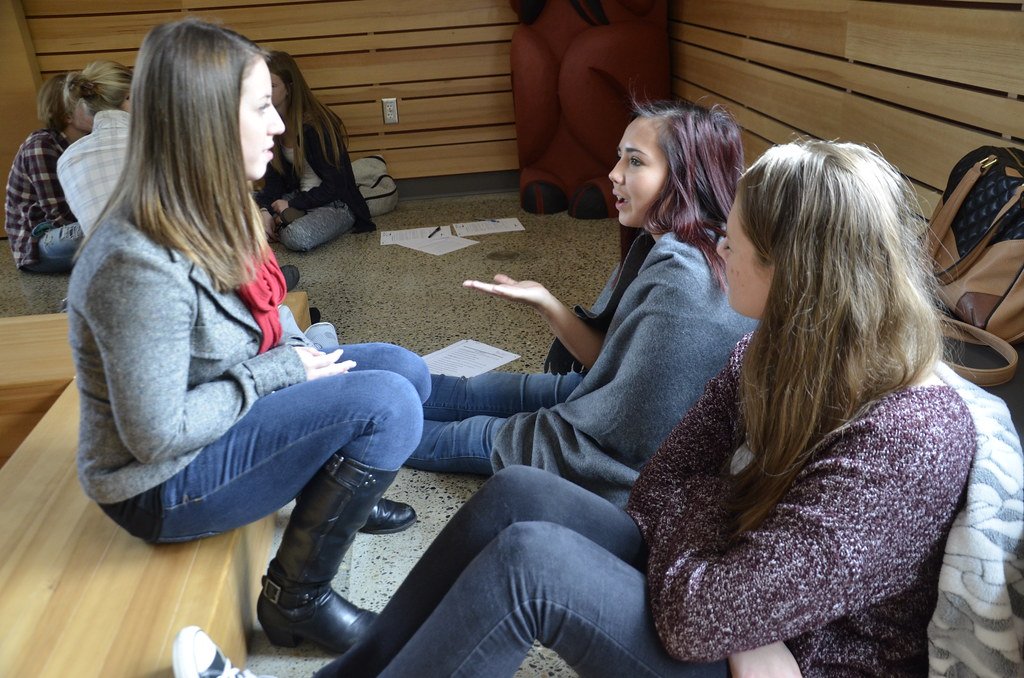There comes a time in every student’s life where the scale tips either way towards excessive academic pressure or overwhelming social pressures. You wake up to piling assignments and group chats blowing up with plans that you cannot say no to. Somewhere in between, silently, your mental health begins to deteriorate. But what if you did not have to choose one over the other?
Balancing social life and academics is not just a matter of time management, it is a matter of protecting your mental health. According to the National Institutes of Health, students with poor mental health are significantly more likely to underperform academically. The good news is that you can make space for both academic success and fulfilling social connections without sacrificing your peace of mind.
Why Balance Matters for Your Mental Well-Being
Humans are social beings. Therefore, connecting with others whether through deep conversations or shared laughter enhances emotional regulation, reduces stress, and improves brain function. Yet, when academic demands are high, many students isolate themselves in the name of productivity.
The American Psychological Association states that a healthy balance of academic engagement and socialising improves not only students’ mental well-being but also their grades. Loneliness and stress can both impair memory retention and lead to academic burnout.
The Cost of Imbalance: Stress, Isolation, and Burnout
When either side, academic or social, dominates too much of your time or mental space, the consequences can be damaging.
Here is what imbalance may lead to:
- Social burnout – Constant socialising without rest can leave you emotionally drained.
- Academic burnout – Studying too much without a break or socializing leads to exhaustion, cynicism, and even poor performance.
- Mental health decline – Prolonged imbalance can heighten anxiety, trigger depressive symptoms, or lead to loneliness.
As outlined in a 2024 study published in ScienceDirect, mental health struggles such as anxiety and depression are strongly correlated with declines in academic performance, class attendance, and even retention in higher education.
Practical Strategies for Balancing Social Life and Academics
Striking a balance is possible but it requires effort. Below are practical strategies to help you manage your time and emotional energy while preserving your mental health:
1. Use a Weekly Planner with Boundaries
Make time for,
- Classes and assignments
- Sleep and relaxation
- Social activities (yes, schedule them too!)
A structured schedule prevents overcommitment and builds in space for recovery.
2. Embrace the “Social Study” Hybrid
Studying does not have to be a solo mission. Try:
- Co-study groups where quiet work is followed by casual conversations
- Discussion-style revisions to study and socialise at the same time
These methods improve retention and create shared accountability.
The post, Daily Habits That Improve Mental Resilience explores everyday practices you can include in your routine to avoid mental overload and strengthen your inner reserves.
3. Communicate Honestly with Friends
Let your friends know your academic goals and stress points. True friends will understand if you need to skip a hangout to meet a deadline. Mutual respect for boundaries leads to more supportive relationships.
4. Protect Your Alone Time
Balance does not mean being “on” all the time. Schedule solo moments for reflection, mindfulness, or rest. As highlighted in the post, The Silent Struggle of High‑Functioning Anxiety, alone time can help you regulate hidden stress beneath the surface of “doing it all.”
Mental Checkpoints: Weekly Questions to Ask Yourself
Balance means checking in regularly. Ask:
- “Do I find joy in both work and relationships?”
- “Am I energised or emotionally drained?”
- “Do I spend time with people who uplift me?”
These self-reflection questions get you back on track before stress builds up.
When to Seek Help
If your academic or social obligations begin affecting your sleep, mood, motivation, or ability to cope, it may be time to seek support. Unmanaged mental health problems can escalate into serious consequences like academic failure or social withdrawal.
You are not alone. Speaking with a campus counselor, peer mentor, or trusted adult can help restore perspective and support your healing.

Real Student Voices: You Are Not Alone
Many students battle this balance silently. One of them spoke about it in “The University Pressure: My Life at the University of Cape Coast”, where they narrated how study burnout and social withdrawal nearly destroyed their future. But their courage to seek help changed everything.
Their story is a powerful reminder that asking for support is not weakness but wisdom.
Your Peace Is Worth Prioritising

Academics and social life do not have to be a perfection; they just need in harmony Your mental well-being deserves to be protected just as fiercely as your GPA. Take time to connect, to rest, and to recharge.
Because when your mind is at peace, your potential is limitless.



Add a Comment